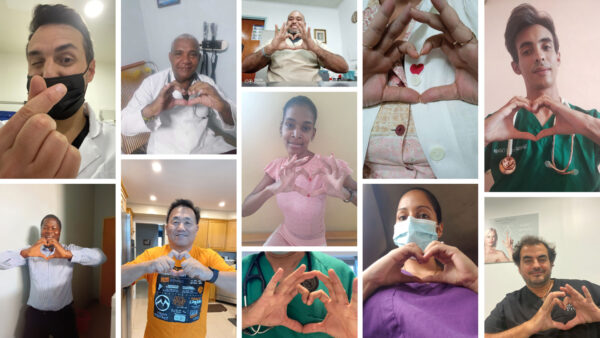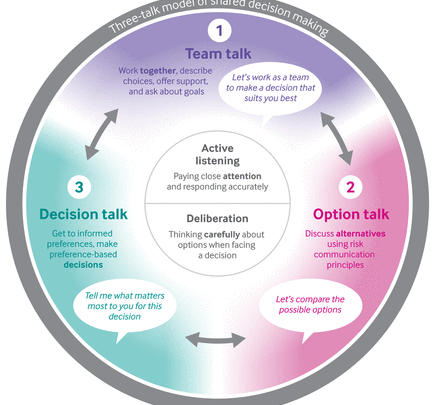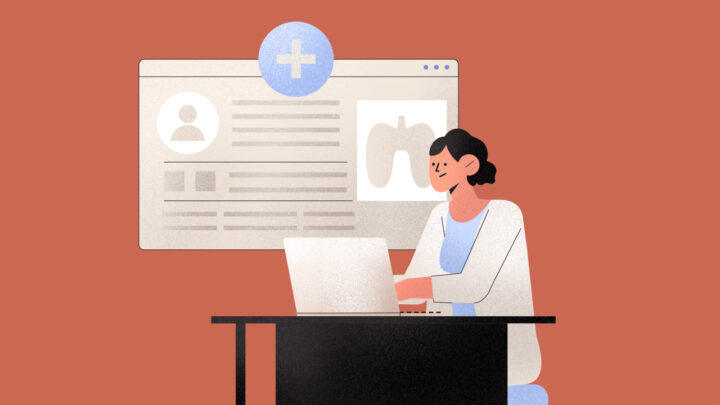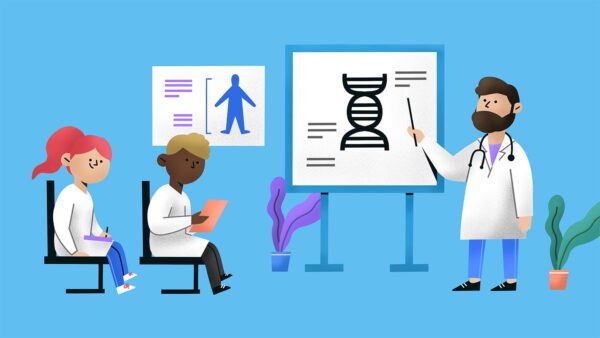
Popular diet trends come and go, but there is always a new one on the rise. When a new diet starts gaining popularity, it can accrue a substantial following, with fans promising it as the new “holy grail” of diets. From high carb to low carb, from high fat to low sugar, Paleo, juice cleanses, the ketogenic diet, etc… the list is never-ending.
There are those who are prone to changing their lifestyles and health routines with each emerging trend, but following these trends could actually have potential medical consequences.
We asked Sermo physicians whether or not people should consult a physician of any kind before making a drastic change in their eating habits, and 66 percent of Sermo’s physicians said yes, claiming that consulting a doctor before making any substantial changes to your lifestyle is always the safer option:
“When it comes to a drastic change, medical advice is certainly sensible, also so that we can clarify how much nonsense there is in this market.” – General Practice
“Diet alone doesn’t work most of the time. Exercise and eating behavior modification are extremely important, too. Patients need guidance.” – Gastroenterology
“Any radical change in lifestyle should be discussed with your doctor. But the growing mistrust that the population feels in our category makes this often bypassed.” – Cardiology
“Ideally, people should consult their primary care physician to perform a general evaluation and then refer the patient to the nutritionist, nurse practitioner, endocrinologist in case of merit. Diets or feed changes should be monitored by specialists in the subject.” – Pediatrics
“Do not make drastic changes in the diet without an evaluation by a nutrition expert, who is qualified to perform if it is necessary or not to make those changes.” – Pediatrics
“…[A] doctor should be consulted before making drastic changes in the diet, a general evaluation, since today many things are recommended on the diet and are usually not supervised and can have negative consequences for the body.” – Psychiatry
However, of the 34 percent of physicians who answered, no, their answers involved the surprising reasoning that doctors may not be qualified to answer all your trendy-diet related questions:
“No. Science has not told us what is best other than calorie restriction. The vast majority of physicians don’t know what the differences are in all the diets, nor their long-term outcomes. I have found doctors just as clueless as the general population.” – Physical Medicine
“Intermittent fasting, paleo, the microbiome, and changes in the food pyramid all offer promising improvements in the obesity epidemic. Those that change their nutrition usually show positive health changes but most physicians are ill-equipped to discuss, let alone guide that aspect of health.” – Anesthesiology
The poll was fielded in September of 2017. 1196 physicians responded to the poll. The margin of error for the global poll was ±3%. More information about Sermo polling methodology can be found here.
Are you a physician? Do you want to connect with other doctors about the best way to support patients and each other? Login to Sermo to talk with other real doctors about your thoughts and practice of medicine.














